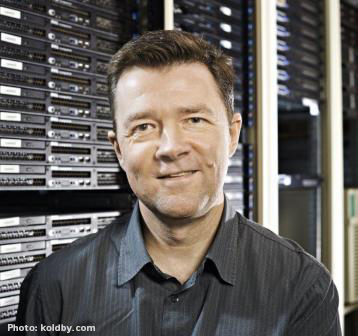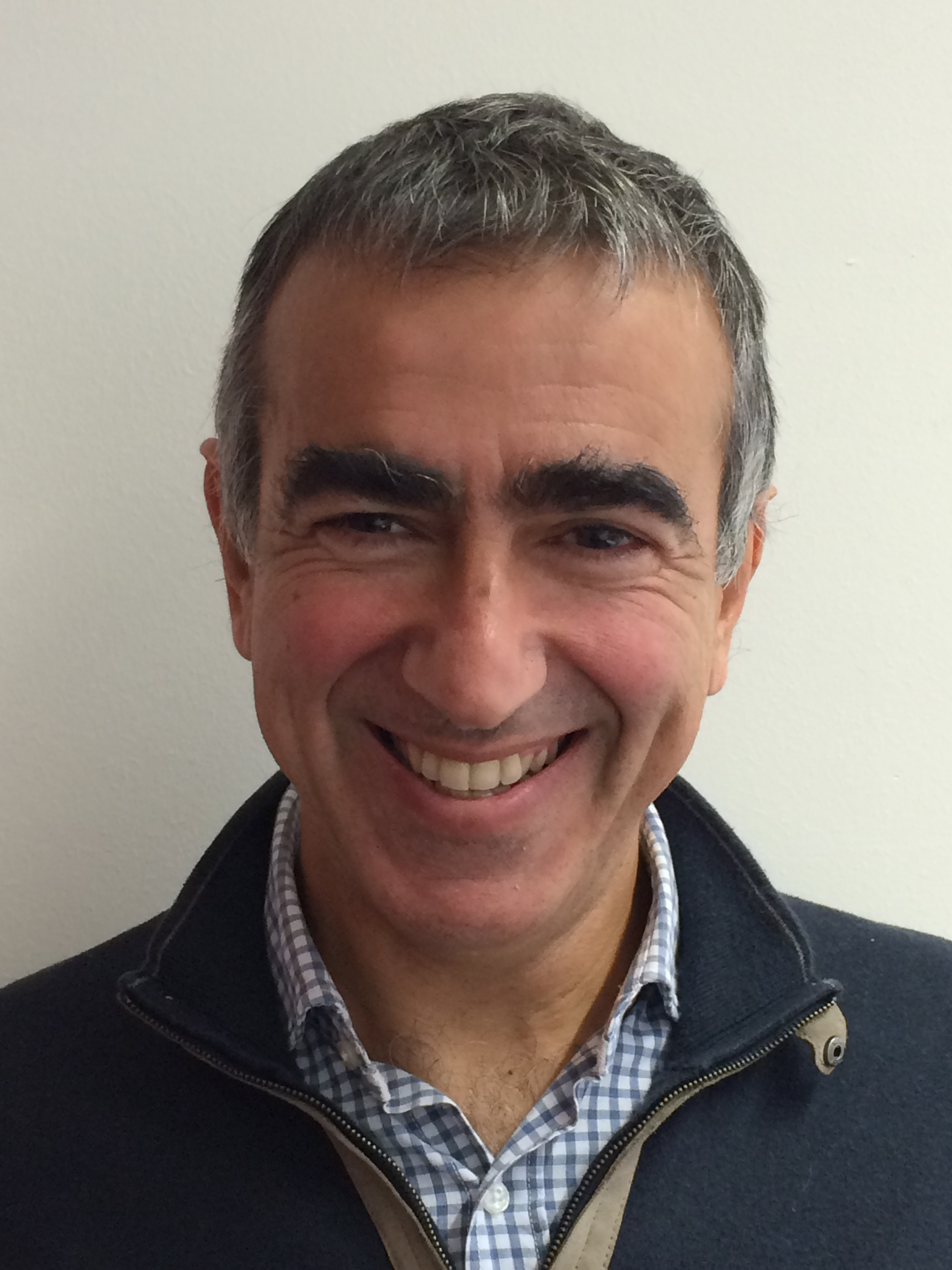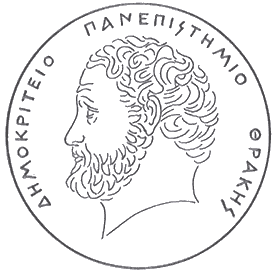Keynote Speakers
Prof. Christian S. Jensen

Bio
Christian S. Jensen is Obel Professor of Computer Science at Aalborg University, Denmark, and he was previously with Aarhus University for three years and spent a one-year sabbatical at Google Inc., Mountain View. His research concerns data management and data-intensive systems, and its focus is on temporal and spatio-temporal data management. Christian is an ACM and an IEEE Fellow, and he is a member of Academia Europaea, the Royal Danish Academy of Sciences and Letters, and the Danish Academy of Technical Sciences. He has received several national and international awards for his research. He is Editor-in-Chief of ACM Transactions on Database Systems.
Subject: “Keyword-Based Querying of Geo-Tagged Web Content”
Abstract
The web is being accessed increasingly by users for which an accurate geo-location is available, and increasing volumes of geo-tagged content are available on the web, including web pages, points of interest, and microblog posts. Studies suggest that each week, several billions of keyword-based queries are issued that have some form of local intent and that target geo-tagged web content with textual descriptions. This state of affairs gives prominence to spatial web data management, and it opens to a research area full of new and exciting opportunities and challenges. A prototypical spatial web query takes a user location and user-supplied keywords as arguments, and it returns content that is spatially and textually relevant to these arguments. Due perhaps to the rich semantics of geographical space and its importance to our daily lives, many different kinds of relevant spatial web query functionality may be envisioned. Based on recent and ongoing work by the speaker and his colleagues, the talk presents key functionality, concepts, and techniques relating to spatial web querying; it presents functionality that addresses different kinds of user intent; and it outlines directions for the future development of keyword-based spatial web querying.
Prof. Oscar Pastor Lopez

Bio
Full Professor and Director of the Research Center on "Metodos de Produccion de Software (PROS)" at the Universidad Politecnica de Valencia (Spain). He received his Ph.D. in 1992. He was a researcher at HP Labs, Bristol, UK. He has published more than two hundred research papers in conference proceedings, journals and books, received numerous research grants from public institutions and private industry, and been keynote speaker at several conferences and workshops. Chair of the ER Steering Committee, and member of the SC of conferences as CAiSE, ESEM, ICWE, CIbSE or RCIS, his research activities focus on conceptual modeling, web engineering, requirements engineering, information systems, and model-based software production. He created the object-oriented, formal specification language OASIS and the corresponding software production method OO-METHOD. He led the research and development underlying CARE Technologies that was formed in 1996. CARE Technologies has created an advanced MDA-based Conceptual Model Compiler called IntegraNova, a tool that produces a final software product starting from a conceptual schema that represents system requirements. He is currently leading a multidisciplinary project linking Information Systems and Bioinformatics notions, oriented to designing and implementing tools for Conceptual Modeling-based interpretation of the Human Genome information.
Subject: “Using Conceptual Model Technologies for Understanding the Human Genome: From an "Homo Sapiens" to an "Homo Genius"”
Abstract
Everybody accepts that understanding the Human Genome is a big challenge for the humanity. It will take at the very least decades to achieve such a goal reasonably well. But new advances that are showing promising results come continuously. Day after day new data are is provided and new information is derived from them. As DNA sequencing technologies improve and evolve, it is evidence that the rate of data generation at a local level is increasing dramatically. In this scenario, assuring the interoperability and consistence of data at the global level becomes both a challenge and a need. To face these problems adequately, the most advanced Information Systems design technologies are strongly required, to cover the needs of better data capture, organization and storage, improved data analysis and interoperability, and more efficient data standardization with the support of foundational ontologies. This principle is in the "Genome" of this keynote. Using Advanced Conceptual Model and Data Technologies, there is an opportunity to understand the secrets of life that the Genome Code hides. More and more data that relate genotype and phenotype are available, with especially attractive clinical applications. These ideas will be approached in the keynote, showing that the challenge of understanding the human genome can suppose a conceptual revolution: understanding the genome could allow improving human being features, something never before in the hand of we, humans. This is the idea of the title: Homo Sapiens becoming Homo Genius being able to understand and manage the principles of life, and subsequently improve then.


